Idahoans need an effective public sector every day. This need becomes urgently apparent in emergencies. Regrettably, we now face a sudden, serious threat to our economy and natural resources: State testing recently revealed an invasive species in our Snake River, the quagga mussel. We need competent, swift action to avert a major disaster.
From my earliest days in the Legislature, I heard about the extreme risks quagga mussels pose to our waterways. They clog pipes that deliver drinking water, the hydropower equipment that generates much of the energy we use, and the irrigation systems our farms and residents need. Similarly, they can severely damage and ruin motorized boat engines. Mitigating the harm they cause may cost Idaho hundreds of millions of dollars annually. There are also indirect costs like higher electricity prices and reduced tourism.
The environmental impacts are sobering as well. Quagga mussels out-compete native species, making our rivers and lakes inhospitable to fish and other wildlife. If quagga mussels continue to spread down the Snake River, the entire Columbia River Basin will be at risk.
This is an urgent emergency because quagga mussels multiply and spread rapidly. Adults produce 30,000 to 1,000,000 “veligers” annually and these microscopic larvae can flow downstream for 30 days before settling.
Moments like this one remind us that our fates are linked. It only takes one careless or uninformed boater to transfer veliger-infested water to our waterways. And whether you live in Aberdeen or Wilder, quagga mussels can impact your community.
I am grateful for the state agencies that have been at the ready to protect our prosperity and quality of life. They have activated a rapid response plan and designed a treatment plan. Treatment with chelated copper, at levels that do not compromise the safety of our drinking water, is already underway. If we can quickly eliminate the threat, Idaho can avoid enormous costs down the road.
While state officials execute the interventions they do best, I trust that Idahoans will do their part. That means observing the Snake River closures where treatment is taking place and following instructions to “hot wash” watercraft that have been in affected areas at the designated wash stations. It also means continuing the prevention practices we should always observe — especially when bringing boats across state lines. The Idaho State Department of Agriculture posts up-to-date guidance at idaho.gov/quagga.
The rapid response was possible due to bipartisan legislative support for monitoring and preparedness. The Legislature must continue to allocate resources to combat the current invasion, prevent future invasions, and conduct monitoring to help us catch future issues early. Together, we can protect Idaho.
